Alumni Evan and Jenny Owens may not have ever gone through basic training, much less served in combat, but the couple has still developed a passion for ministering to soldiers and their families. In fact, helping soldiers overcome the spiritual wounds of war has become this couple’s mission and led to them founding REBOOT Combat Recovery in 2011.
Jenny received her B.A. from Belmont in 2005 followed by a doctorate in occupational therapy, also from Belmont, in 2007. After graduating, she worked in neuro-rehabilitation at Vanderbilt and then with patients suffering traumatic brain injuries at the Warrior Resiliency and Recovery Center at Fort Campbell’s Blanchfield Army Community Hospital.
Jenny said, “I will never forget my first soldier patient. He was young, strong, handsome and totally intimidating. He seemed absolutely out of place among the wheelchairs and walkers that scattered the clinic. But, upon getting to know him, I came to recognize the invisible wounds that no less affected his mind and spirit. He was involved in a rocket attack at a gym in Iraq. It was a mass casualty situation. He dragged his workout buddy to safety before he even recognized that he was also injured. His greatest desire was to be returned to full duty and deploy, once again, with his unit to Afghanistan. But he had memory problems, trouble finding his way around, problems getting his words out, headaches and visual disturbances. Anxiety, a thing that had been completely foreign to him, bubbled under the surface… This is why REBOOT exists. This soldier is who we exist for. Because this soldier patient is one of a million like him.”
Evan added, “When Jenny accepted the position at Ft. Campbell as an OT, we moved into a community of military families. As we became friends with these families, we recognized that there were issues not being addressed through the traditional treatment models. During a road trip, my wife began reading a book about PTSD aloud. By the end of the chapter, we both had felt a calling, loud and clear that this was where we were to focus our efforts.”
In 2010, Jenny and Evan met with a combat-injured staff sergeant and his wife who had reached a crisis point and were desperate for hope. The two couples discussed difficult topics and talked about coping strategies, and before long, the support group of four had grown to 10. By the next year, Jenny and Evan knew this was their new calling, and REBOOT was born. “We had no plans of building a non-profit,” Evan said. “Our goal was to simply help a few friends by listening to them and supporting them in any way we could. It only took a couple meetings for us to be hooked! From there, doors began to open. We were invited on post to form our first REBOOT Combat Recovery group. Our group sizes quickly grew from 7 families, to nearly 20 in under a year. It was clear we had hit a nerve and people were responding. Other military bases began to call and ask how they could start holding REBOOT in their communities and the momentum continued. Today, REBOOT Combat Recovery has over eight locations and is on pace to serve over 750 families! We are proud of our 88 percent graduation rate, and nearly 25 percent of our graduates go on to become leaders within the organization.”
REBOOT Combat Recovery exists to support the healing of combat veterans and their families from the spiritual wounds of war. The nonprofit organization offers a 12-week flagship program that focuses on topics including “Where was God?” and “What Happened to Me?” as well as exploring subjects like guilt, forgiveness, grief and identity. Reboot also offers six-week continuation courses focusing on spiritual foundations and growth as well as specific issues faced by military families.


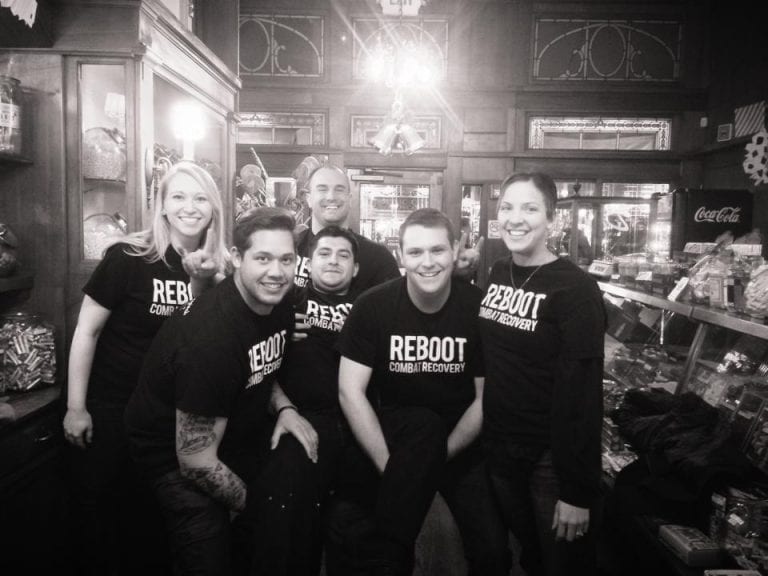
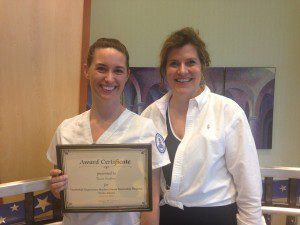 Thirteen Belmont students recently completed the Vanderbilt Experience Student Nurse Internship Program’s Summer 2015 Nurse Residency. Out of these, Tisra Fadely was recognized
Thirteen Belmont students recently completed the Vanderbilt Experience Student Nurse Internship Program’s Summer 2015 Nurse Residency. Out of these, Tisra Fadely was recognized 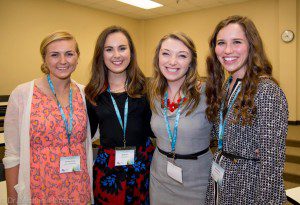
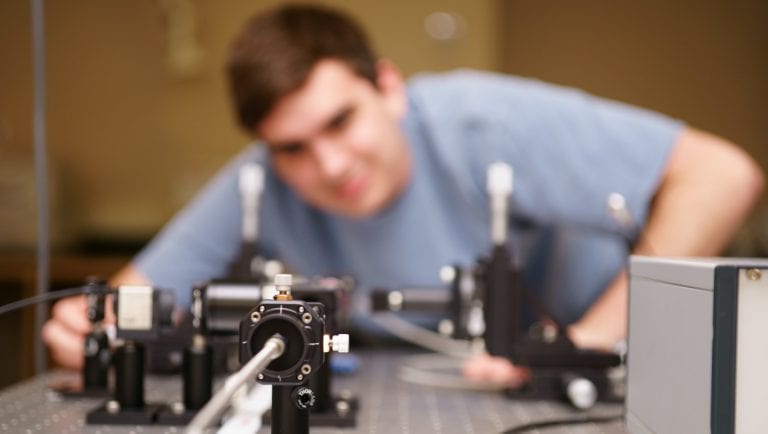
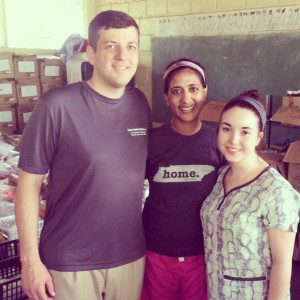 A group of faculty members and a student from Belmont’s College of Pharmacy recently traveled to Honduras as part of the Baptist Medical Dental Mission. Drs. Adam Pace, Leela Kodali, and Emily Russell, a fourth-year student, joined a team of 20 medical professionals for the medical missions trip.
A group of faculty members and a student from Belmont’s College of Pharmacy recently traveled to Honduras as part of the Baptist Medical Dental Mission. Drs. Adam Pace, Leela Kodali, and Emily Russell, a fourth-year student, joined a team of 20 medical professionals for the medical missions trip.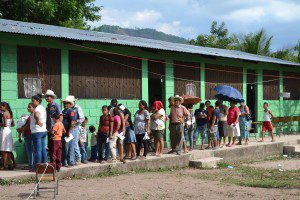 Designed for her to compare and contrast the provision of pharmacy services during a mission trip in Honduras to that of a patient population in Nashville, Russell said this experience was incredibly eye-opening.
Designed for her to compare and contrast the provision of pharmacy services during a mission trip in Honduras to that of a patient population in Nashville, Russell said this experience was incredibly eye-opening.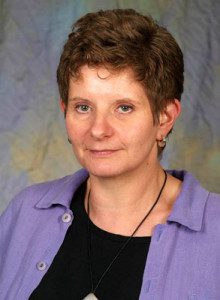
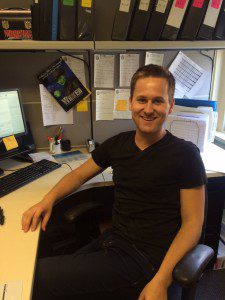 For senior music business major Samuel Dallas, this summer has been one giant learning experience after another, producing “Wicked” results that continue to fuel Dallas’s long term goals.
For senior music business major Samuel Dallas, this summer has been one giant learning experience after another, producing “Wicked” results that continue to fuel Dallas’s long term goals.